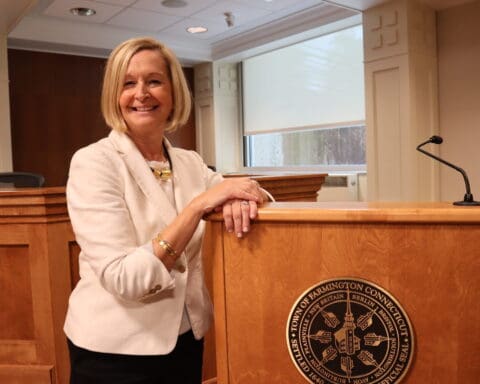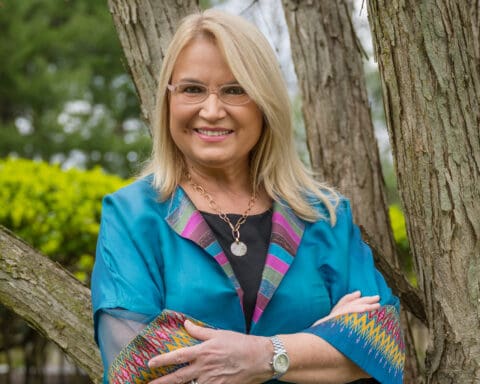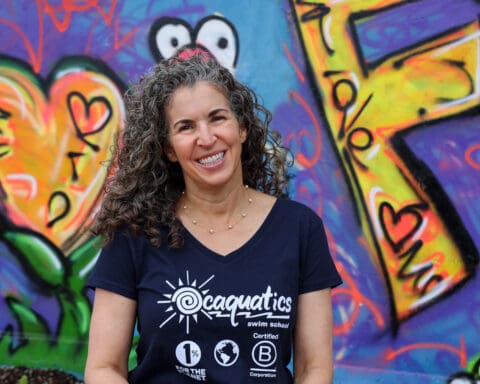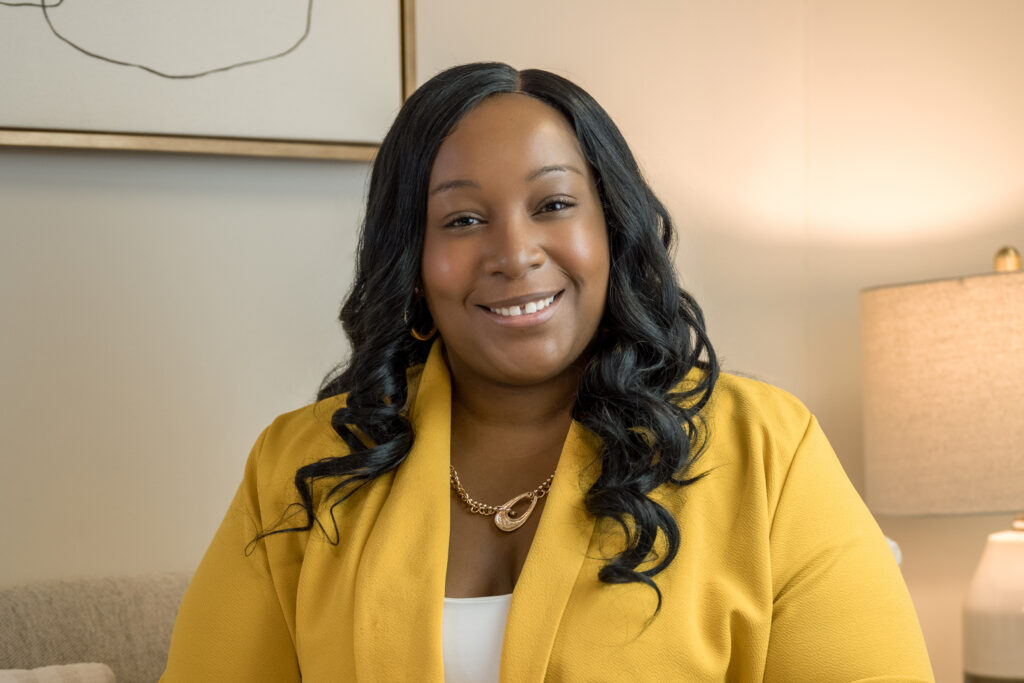In today’s complex societal landscape, myriad inequalities persist, with the intersection of age and gender standing out as particularly poignant. The United Nations, in its continuous efforts to highlight global disparities, underscores the challenges older women face. Across various cultures and economies, this demographic contends with multifaceted hardships, from economic woes to evolving societal roles. As we further explore the data, the pressing need to address these concerns becomes undeniably evident.
Economic Struggles and Aging
Financial stability is a significant concern for many as they age, but older women find themselves disproportionately affected. While 38.7% of older men worldwide receive pension coverage, 26.3% of working-age women benefit from such schemes. Such disparities are even more pronounced in lower-middle-income countries, where only 8.1% of working-age women have pension coverage, as opposed to 20.8% of men.
The recent global crises have further exacerbated these disparities. By the beginning of 2020, 41% of women in the US aged between 40 and 65 reported a loss of income. Moreover, the pandemic hit women’s employment harder, with 61% of women aged 60-plus reporting a loss of income due to the pandemic’s adverse effects. It’s also worth noting that 54% of older women experienced reduced working hours during this period, compared to 38% of older men.
Evolving Social Roles
Women’s societal roles are multifaceted and continue to evolve as they age. One standout statistic is the enormous unpaid care and domestic work shouldered by women. On average, older women spend 2.5 times more hours on due care and household duties compared to men, highlighting the gendered distribution of responsibilities that persists well into the later years of life.
The Silent Crisis: Abuse and Violence
An unsettling facet of the older women’s narrative is the invisibility of abuse and violence against them. This vulnerability increases manifold due to societal attitudes and inadequate support systems. A concerning 34% of women aged 60 and above either experienced violence or knew someone undergoing such trauma during the pandemic. Additionally, 63% of these women believe that domestic violence has intensified during these challenging times, with 55% sensing a surge in sexual harassment.
The Way Forward
The challenges older women face are undeniable, as reflected by the data. To foster an equitable society, it’s crucial to address these disparities and provide older women with the support they deserve. This includes creating robust financial safety nets, recognizing and redistributing unpaid care work, and ensuring protective measures against abuse and violence.
By shedding light on these concerns, we can hope to champion the cause of older women, ensuring that they live their later years with dignity, security, and respect.
✿ Thank you for reading!
Subscribe to be our bestie, no spam—just good vibes once a month.
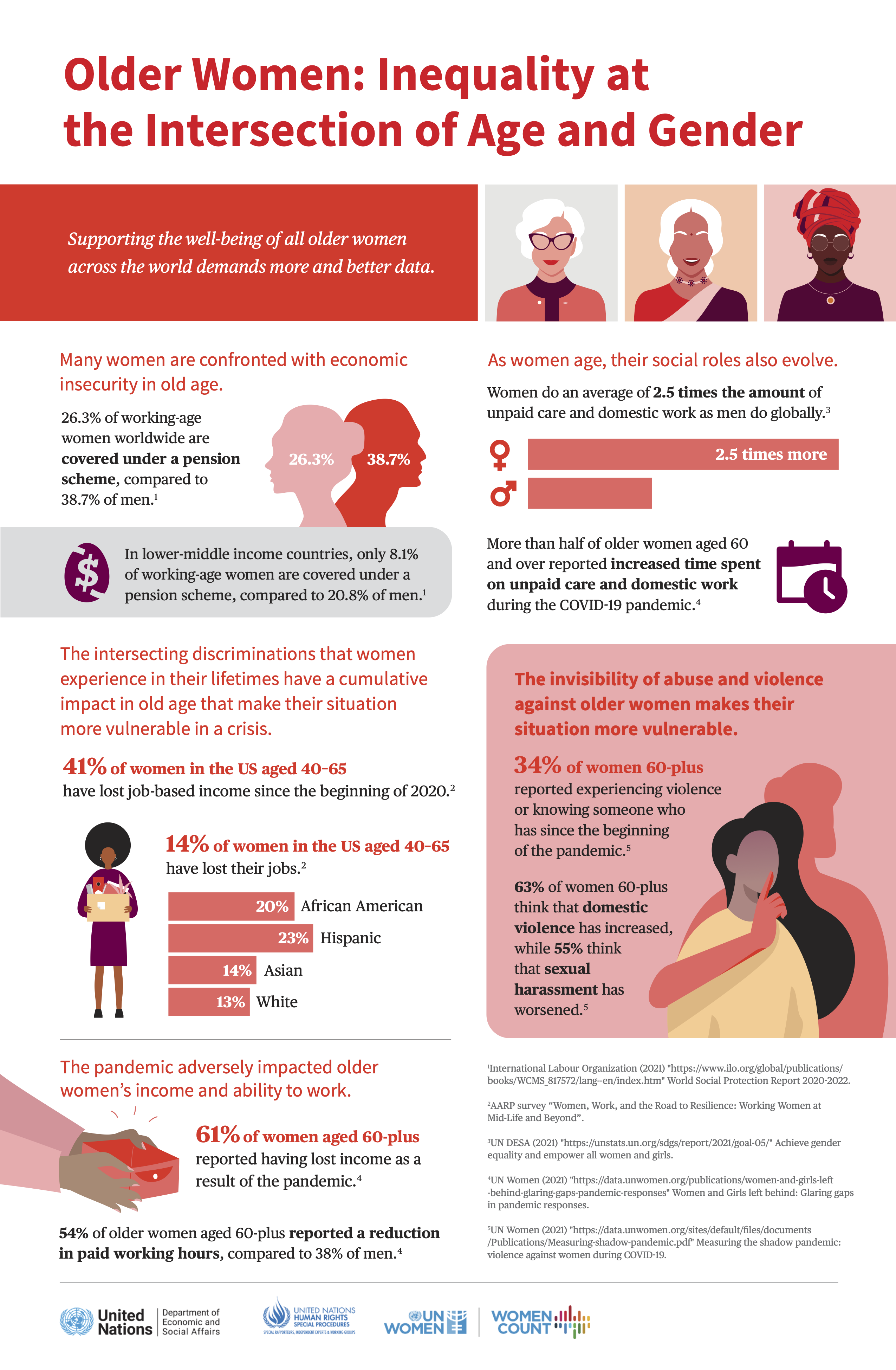
Join our e-mail list, and get your She.Work Sticker.
✱ If you liked this article, please share it with a friend who could use inspiration.
If you have a topic in mind or a story to share anonymously or with your name, email us at [email protected]



